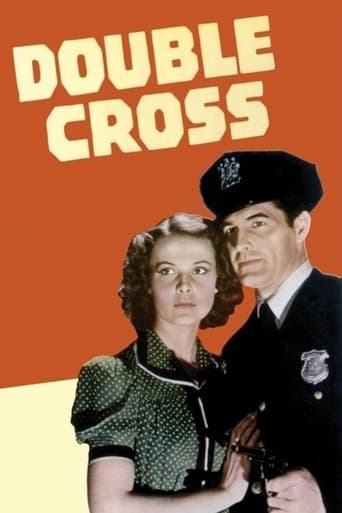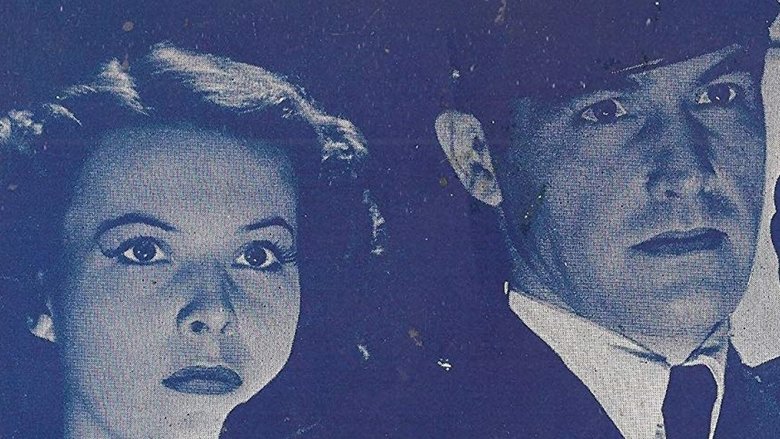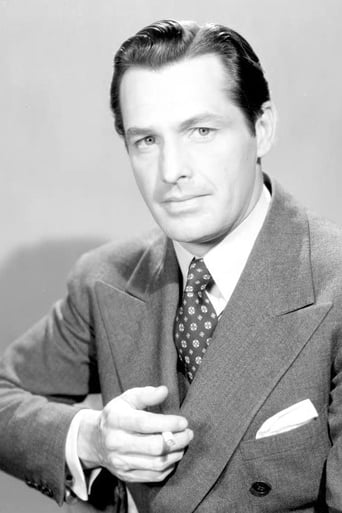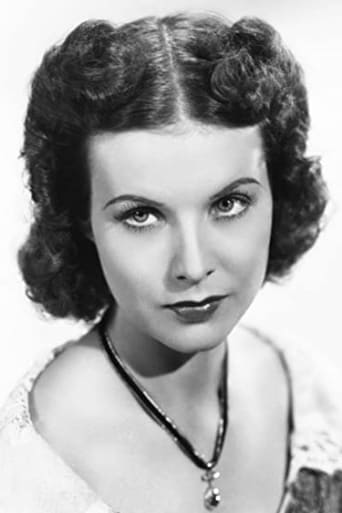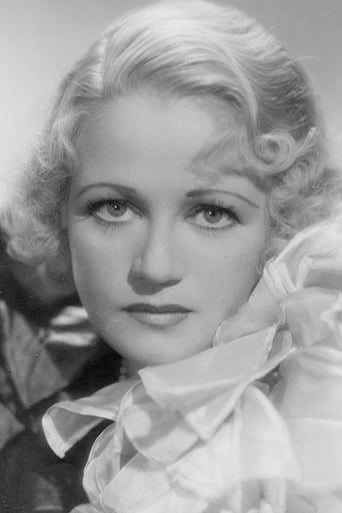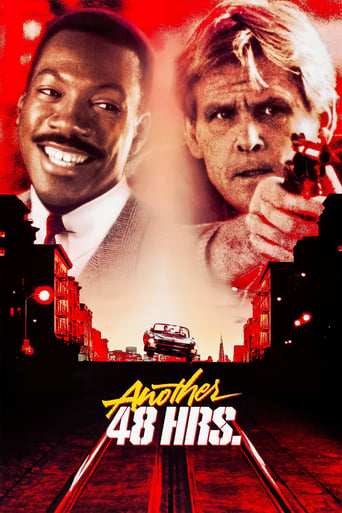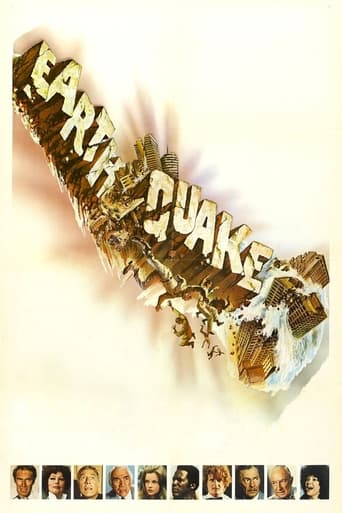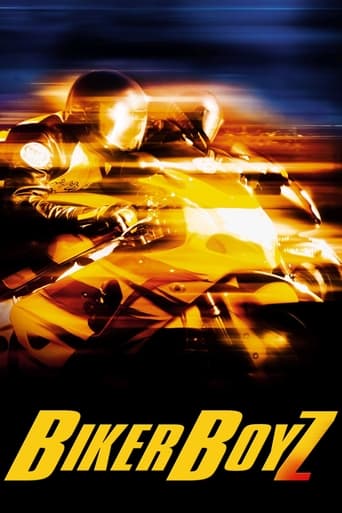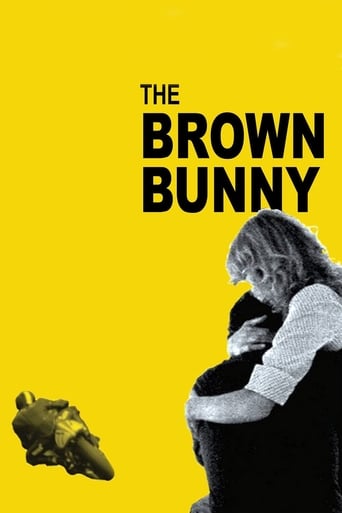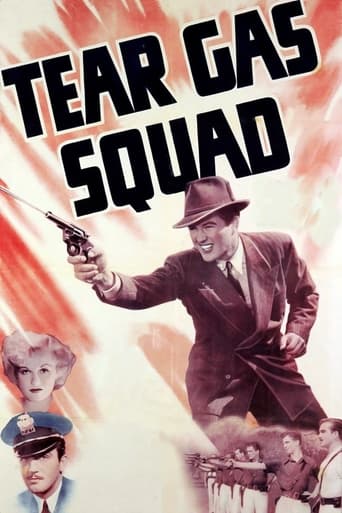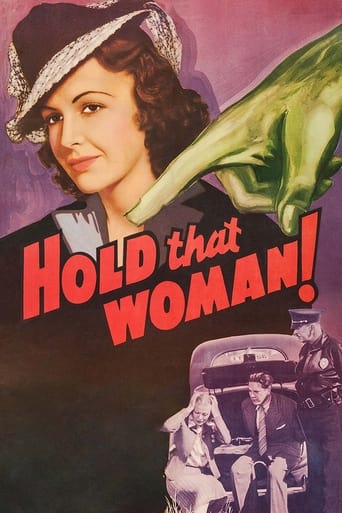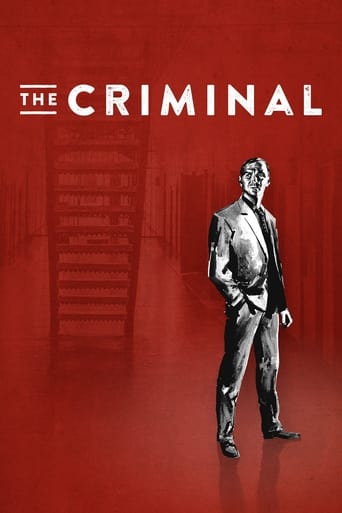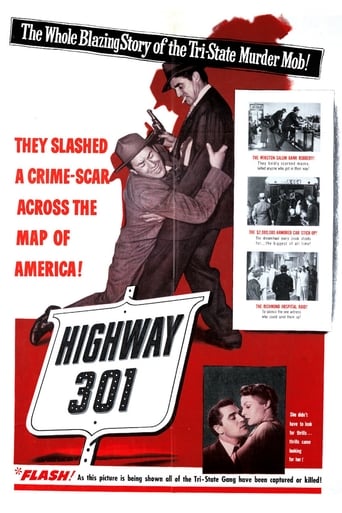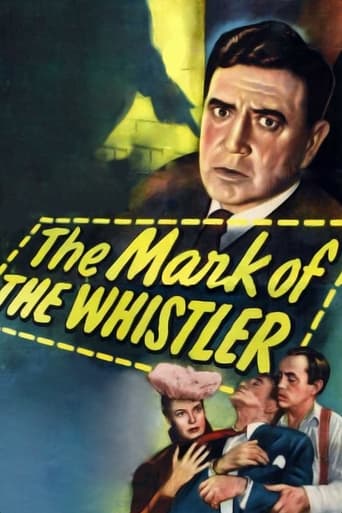Double Cross (1941)
A disgraced cop aims to reclaim his honor by nailing a corrupt crime boss.
Watch Trailer
Free Trial Channels
Cast


Similar titles
Reviews
Too many fans seem to be blown away
Self-important, over-dramatic, uninspired.
The movie is wonderful and true, an act of love in all its contradictions and complexity
Through painfully honest and emotional moments, the movie becomes irresistibly relatable
Violent, tough, and fast moving, this early film noir like crime drama snaps, crackles and pops even though the plot is filled with more holes than a swiss cheese after a mouse has discovered it. Supposedly crooked cops involved in the illegal goings on behind the scenes of a popular nightclub have their careers destroyed thanks to their involvement with the tough-talking Wynne Gibson. The fact that she's obviously the moll of "big boss" John Miljan isn't enough of a stop sign to keep them from treading into tight-nit quarters with her. On one raid, Gibson panics, pulls out the gun from the holster of current cop lover Richard Beach and shoots another cop dead so Miljan won't be shot at. Beach grabs it from her and the other cops instinctively shoot him even though he's in full uniform. His death discredits him as a traitor, and his best pal (Kane Richmond) plots a similar betrayal from the police force to clear it. Ironically, he's the son of Irish brogued chief Robert Homans (who is married to the very Scottish Mary Gordon), and his betrayal humiliates dad. Richmond's fiancée (Pauline Moore) is both the late Beach's sister and a photographer at Miljan's joint and this leads to speculation of mixed loyalties and too many hot connections between two organizations that despise each other. For such an outlandish plot line, which just seems too far-fetched to ever really happen, to end up so enjoyable, praise must be given to the cast, director and even certain elements of the screenplay. Gibson, a tough veteran of bad girls (sometimes misunderstood, other times entirely too obvious), always delivered the goods, sort of a Mae West without the drag queen impersonation. In "Aggie Appleby, Maker of Men", she turned the life of a sap around; Here, she makes a sap out of one, and is fooled by another into thinking she can do the same thing again. Her confrontation scene with Miljan is one of the great film noir monologues, and her character holds no anger back. Even if the rest of the cast just simply walked through the film, she'd make this worth the price of admission. The romantic pairing of Richmond and Moore is also notable here, as she is the only one really in on what his intentions are. The scene where pop Homans dismisses and humiliates Richmond is followed by an even more emotional one between Homans, Richmond, Moore and Gordon whose cries of anguish over losing her still living son is heartbreaking. So while this films has many flaws, there are so many things in it which have the potential of raising it up a notch, but after reflecting on it, the elements that pull the structure of the story together lower it down to a missed opportunity that have a grave impact on it as a whole.
The film begins with a cop visiting his girlfriend. While this sounds innocent enough, it isn't---she's in a gambling dive. Why she's there and manipulates him into being there soon becomes evident when the police raid the place—and she sets him up to be killed! It seems that she is a real black widow of a woman! The dead man's partner happens to be the police Captain's son and the son decides to investigate the supposed 'accidental killing' by going undercover—way undercover. He pretends to show dissatisfaction with the police force and gets himself fired. Then, he goes to work for the baddie (John Miljan) in order to determine what really happened to his friend.Aside from a REALLY dumb scene at the 50 minute mark, the film is actually pretty enjoyable as a cheap B-movie. This dumb scene is a cliché I HATE to see in movies—when someone threatens the big boss-man—telling the guy that they'll expose him for what he is. In 100% of the cases, the person making the threat is dead within about 3 seconds—and this case is no different. Think about it—your boss is completely evil and is responsible for countless atrocities and you tell him, when you two are alone, that you're going to the cops!! That's like telling Hannibal Lector that you are the other white meat! You KNOW what's bound to happen and it won't be good!!! But, brain-dead cliché or not, the film is interesting and a decent time-passer.
Whether known by its original title, "Double Cross", or its 16mm re-issue as "Motorcycle Squad", this movie is somewhat less than "B"-movie average. Filmed on a tightwad budget from a none too exciting and not particularly involving script, and enacted by a largely boring collection of players led by Kane Richmond and Robert Homans, and including, alas, John Miljan who makes no attempt (other than to enunciate his lines clearly) to invigorate what would seem to be an ideal role, the viewer has little to engage his attention (I use the masculine pronoun advisedly) but four or five members of the support cast, especially Heinie Conklin and Frank Moran who do their best to instill some life into a limp, stale plot. Admittedly, the screenwriter also tries a couple of new wrinkles by presenting the one-track-minded Captain Murray (appropriately overplayed by prolific "Irish" policeman character-player, Robert Homans), as a somewhat unpleasant martinet. I also like the way he ties in the gangsters with the mayoral elections – standard stuff certainly, but it does provide a window for under-rated character players William Halligan and Charles Miller (as the mayors) to gain our approval. Alas, the lead player, Wynne Gibson (born 1898), is unflatteringly photographed. And our lovely heroine, Pauline Moore (who supplants Wynne Gibson on the re-issue poster), is not always photographed to her advantage either, but I guess cinematographer Arthur Martinelli did his best in the obviously limited time he had available. Director Albert Kelley is unknown to me, even though he worked in Hollywood off and on from 1918 to 1953. Available on a very good Grapevine DVD, double-billed with "Roar of the Press".
This is one of those crime dramas where not much happens and the main character does things he should not be able to. It involves a self imposed undercover situation where a cop acts like he is going bad to get into a crime group. It is basically dull and silly. It has little if any suspense. The characters aren't all that attractive and the cause is a bit hard to swallow. There is a supposed thread of integrity at stake, but mostly it goes about going right where we think it will go. It's as if they needed to get the movie out without putting much time in on it. The actors sleepwalk and talk in little bursts. The B movie didn't demand much. I can see those kids on Saturday morning enjoying the car chases and the gunshots being fired. They really weren't much interested in a story.

